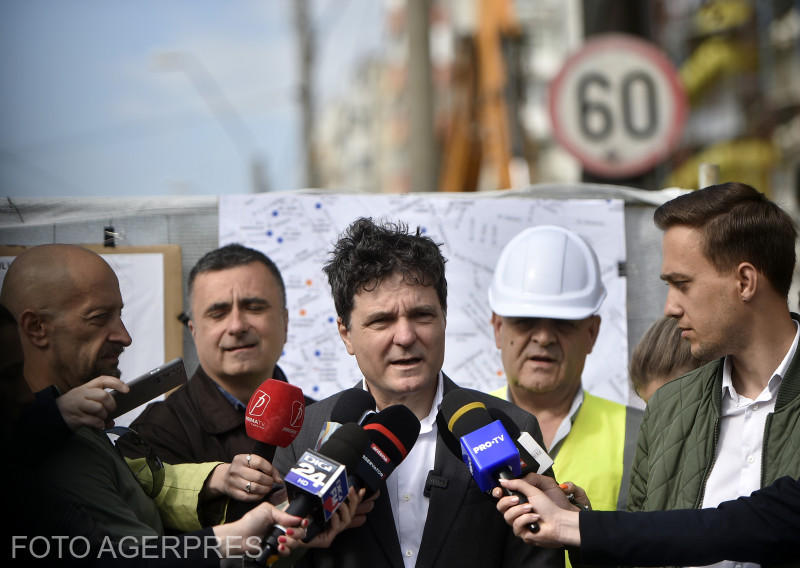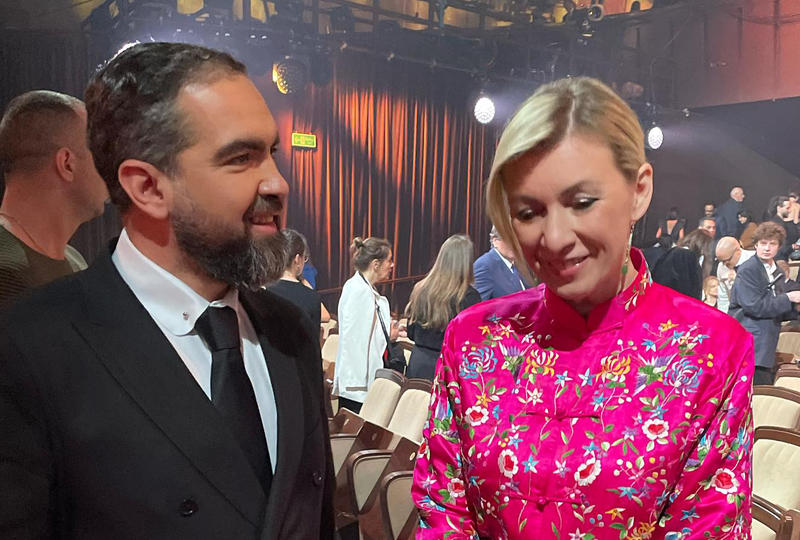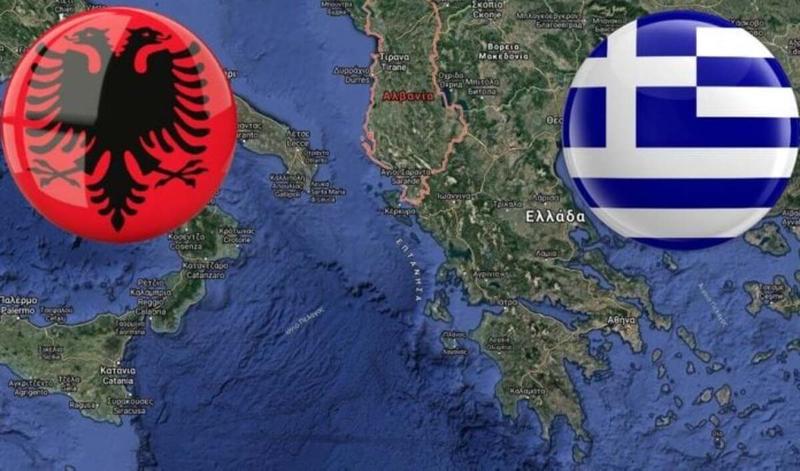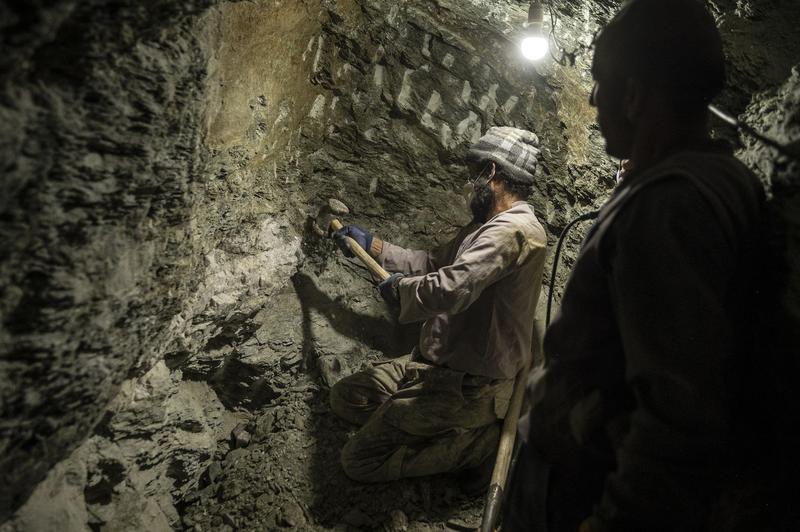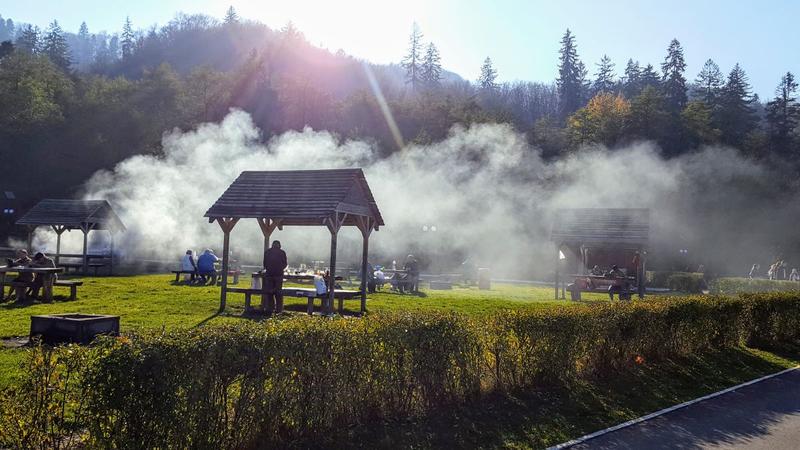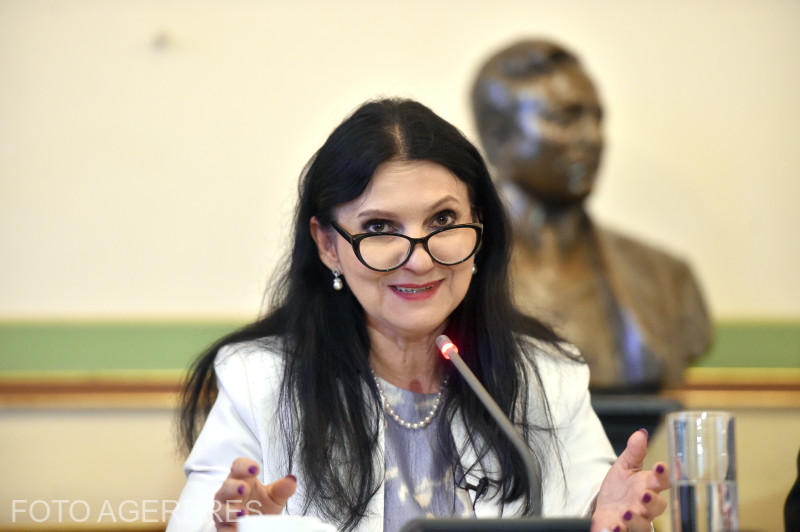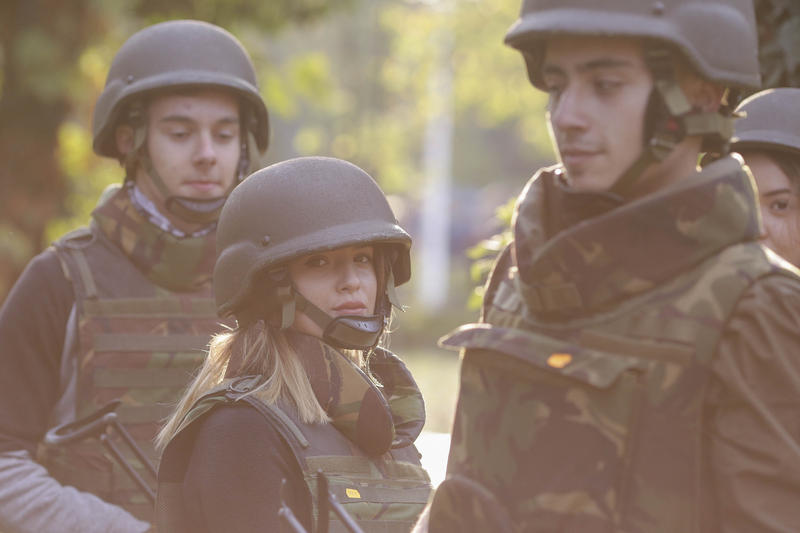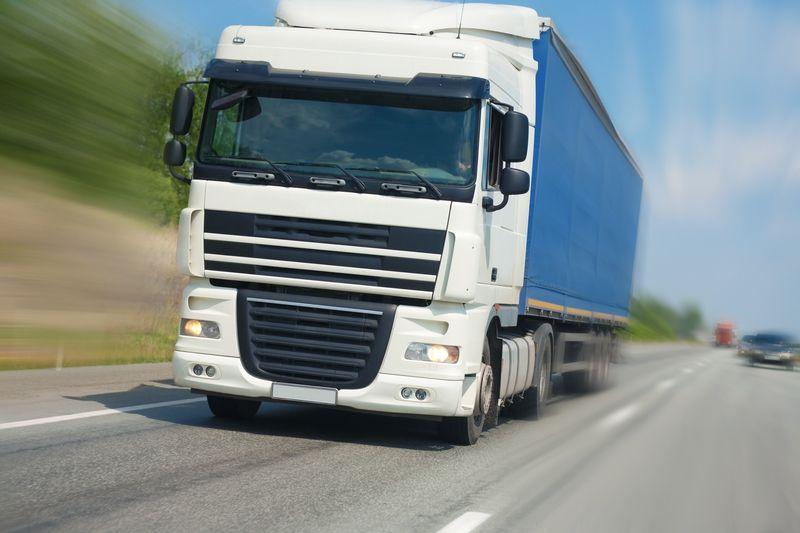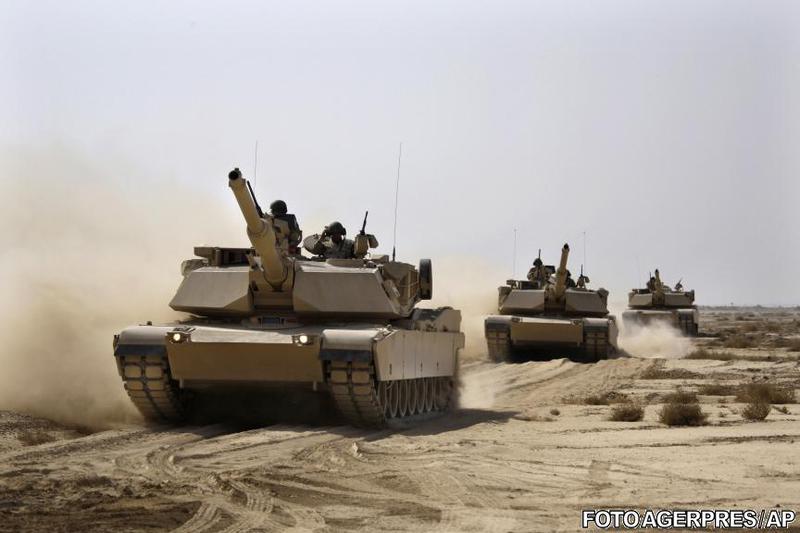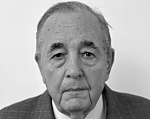Russian President Vladimir Putin was welcomed at the EU-Russia summit in Helsinki on Friday with a wave of questions about the recent, mysterious death of a Russian spy in London.
The unexpected debut of the summit was blamed not only on the temporal proximity of the event, but also on the fact that European leaders avoid a head-on approach on a proposal to create a broad strategic partnership with Russia including deals on energy policies.
In these circumstances, the first concrete result of talks on Friday morning was a deal on decreasing Russian taxes on foreign airline flights over Siberia. According to European Commission evaluations, the taxes amounted to some 300 million euro yearly.
Moscow now accepts a progressive cut of these taxes, which would be fully eliminated starting 2013.
But according to international analysts quoted by the media lately the bulk of talks should have focused on the energy partnership, as EU states are still more worried about their dependency on Russian energy.
The European leaders failed to raise the issue because of EU internal disputes. Warsaw refused to drop its veto rights over the partnership, as Russia maintains its embargo on Polish meat, so debates on the partnership could not be launched.
It is the first time when a new member state blocks an accord of such importance and the dispute highlights the deep divisions between EU members on relations with Russia.
Russia has also threatened to block all animal imports from the EU after Romania and Bulgaria join the Union on January 1, 2007 as it fears the two new members were far from providing good safety to their meat exports.
The EC has said that Russia’s fears were unjustified and announced it would send a delegation of experts to Russia to explain its strategy to prevent animal diseases.
So much of the talk in Helsinki is expected to focus on other issues such as the situation in Kosovo, Georgia and Russia’s due accession in the World Trade Organization.
